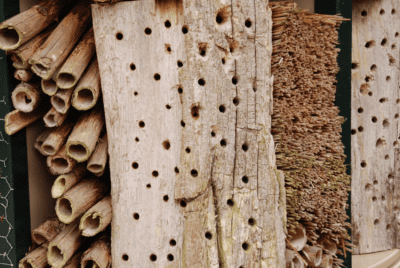RESEARCH
Community Gardening: A Parsimonious Path to Individual, Community, and Environmental Resilience
Summary
This paper suggests that community gardening is a great way to improve well-being and resilience on different levels: for individuals, for communities, and for the environment. The authors looked at evidence that shows gardening is beneficial and encourage testing ideas about community resilience by studying community gardens, especially in cities. They broaden the definition of “community” to include the connection between people and nature, calling it an “Earth community.” The paper says that a large network of community gardens could help ease the climate change crisis and suggests that community psychologists should be involved in researching and promoting community gardening.
The paper argues that cities contribute to climate change because they use a lot of energy. Community gardens can help by removing carbon from the air, teaching people about the environment, and creating stronger communities. Community gardens also offer opportunities for people to connect with nature, which can improve mental health. While acknowledging that there are challenges to starting and maintaining community gardens, the authors call on community psychologists to get involved in research and policy-oriented action to support and expand this movement.







